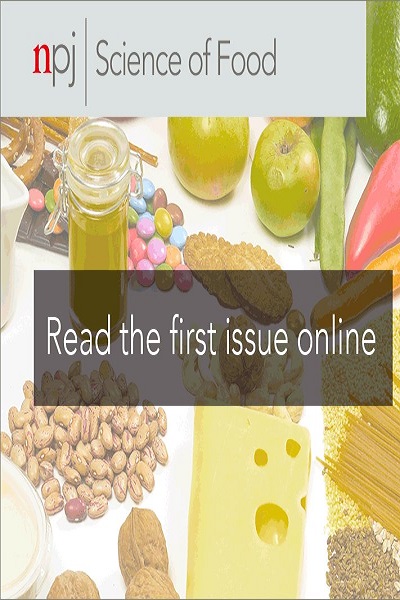番茄果实采后真菌腐烂生态管理现状及未来趋势
IF 7.8
1区 农林科学
Q1 FOOD SCIENCE & TECHNOLOGY
引用次数: 0
摘要
本文综述了番茄采后真菌(Botrytis cinerea, Alternaria spp, Colletotrichum gloeosporioide)腐烂的可持续控制策略。讨论了合成杀菌剂的环保替代品,重点是微生物拮抗剂,以及生物防治与天然化合物相结合的综合方法。新兴技术如微生物联合体、纳米材料和CRISPR/Cas9显示出巨大的潜力,尽管还需要进一步的研究和监管部门的批准。这些可持续的方法对于保持番茄的质量和产量,同时支持对环境负责的生产至关重要。本文章由计算机程序翻译,如有差异,请以英文原文为准。
Current status and future trends of eco-friendly management of postharvest fungal decays in tomato fruit.
This article reviews sustainable strategies to control postharvest fungal decay (e.g., Botrytis cinerea, Alternaria spp., and Colletotrichum gloeosporioide) in tomato. Eco-friendly alternatives to synthetic fungicides, focusing on microbial antagonists, and integrated approaches combining biological control with natural compounds, are discussed. Emerging technologies like microbial consortia, nanomaterials, and CRISPR/Cas9 show great potential, though further research and regulatory approval are required. These sustainable methods are crucial for maintaining tomato quality and yield while supporting environmentally responsible production.
求助全文
通过发布文献求助,成功后即可免费获取论文全文。
去求助
来源期刊

NPJ Science of Food
FOOD SCIENCE & TECHNOLOGY-
CiteScore
7.50
自引率
1.60%
发文量
53
期刊介绍:
npj Science of Food is an online-only and open access journal publishes high-quality, high-impact papers related to food safety, security, integrated production, processing and packaging, the changes and interactions of food components, and the influence on health and wellness properties of food. The journal will support fundamental studies that advance the science of food beyond the classic focus on processing, thereby addressing basic inquiries around food from the public and industry. It will also support research that might result in innovation of technologies and products that are public-friendly while promoting the United Nations sustainable development goals.
 求助内容:
求助内容: 应助结果提醒方式:
应助结果提醒方式:


